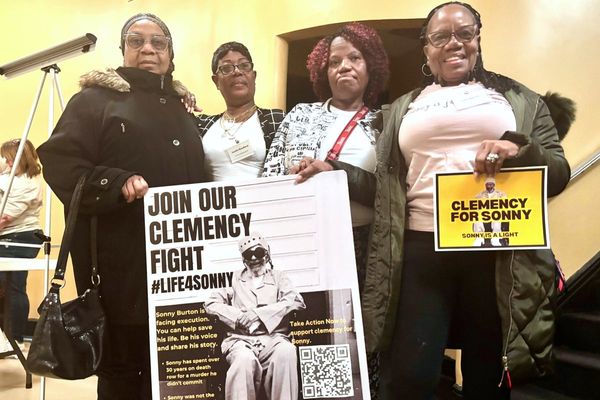WASHINGTON _ A White House lawyer reached out to Senate Majority Leader Mitch McConnell at President Donald Trump's urging in an effort to convince then-Attorney General Jeff Sessions not to recuse himself from the Russia investigation, special counsel Robert Mueller's investigation found.
Whether McConnell in turn reached out to his former fellow Republican senator is unknown. McConnell said in two appearances in Kentucky that he was still reviewing the report and his office said it had nothing to add.
McConnell, a Kentucky Republican, appears once in the redacted version of the report released Thursday. He is named in the section detailing Trump's efforts on March 2, 2017, to repeatedly direct then-White House counsel Don McGahn to convince Sessions _ a former Alabama senator who served with McConnell for years _ not to remove himself from overseeing the Russia investigation.
"McGahn understood the president to be concerned that a recusal would make Sessions look guilty for omitting details in his confirmation hearing; leave the president unprotected from an investigation that could hobble the presidency and derail his policy objectives," the report says.
It says that "McGahn continued trying on behalf of the President to avert Sessions' recusal by speaking to Sessions' personal counsel, Sessions' chief of staff, and Senate Majority Leader Mitch McConnell, and by contacting Sessions himself."
The report doesn't say what, if anything, McConnell did. Sessions that afternoon announced his decision to recuse himself "from any existing or future investigations of any matters related in any way to the campaigns for President of the United States."
At an Oldham Chamber "Power Hour" in Kentucky Thursday, shortly after the report was released, McConnell praised the investigation, calling Attorney General William Barr, Mueller and Deputy Attorney General Rod Rosenstein "as close to apolitical as you can imagine."
"I don't want you to buy any notions that somehow any of these people are political hacks," McConnell told the lunch gathering. "What I think our friends on the other side will do is try to destroy their reputations because they don't like what they're hearing. You shouldn't buy that."
The report found that despite McConnell's insistence that Trump would not seek to fire Mueller, Trump indeed did try to get the special counsel removed.
McConnell in November 2017 refused to bring up a bill to protect Mueller from being fired without "good cause" even though some Republican senators, including then-Senate Judiciary Committee Chairman Chuck Grassley, R-Iowa, supported the measure.
McConnell said at the time that he didn't believe Trump would stop the investigation.
"As you can imagine, I talk to the president fairly often," McConnell told reporters. "He's given no indication the Mueller investigation will not be allowed to finish."
McConnell added, "We know how the president feels about the Mueller investigation, but he's never said he wants to shut it down."
The report found that Trump had directed McGahn to call the acting attorney general and say that Mueller must be ousted because he had conflicts of interest.
McGahn threatened to resign after the June 2017 incident rather than carry out the order.
The report notes that after news outlets in January 2018 began reporting that Trump had ordered McGahn to fire Mueller, Trump sought to have McGahn deny it.
"Each time he was approached, McGahn responded that he would not refute the press accounts because they were accurate in reporting on the president's effort to have the special counsel removed," the report says.
The attempt to push out Mueller was one of 10 areas of possible obstruction of justice where Mueller said he could not conclusively determine that Trump had committed criminal obstruction.
Though several of McConnell's fellow Republicans said the report should be the end of the investigation, McConnell stopped short of suggesting that.
"Like all of my colleagues, I look forward to carefully reviewing the report," he said.
McConnell appeared ready to move on last month after Barr released a summary of Mueller's report.
"Two years, thousands of subpoenas, hundreds of search warrants, hundreds of witnesses, millions of taxpayer dollars, and these are the findings: No collusion. No conspiracy. No obstruction," McConnell said on the Senate floor after Barr said he believed there was not enough evidence to implicate the president on obstruction.
After Barr's summary was released in March, McConnell accused the Obama administration of being soft on Russia _ challenging the Obama White House's long-standing assertion that it was McConnell who hampered warnings about Russian election interference.







